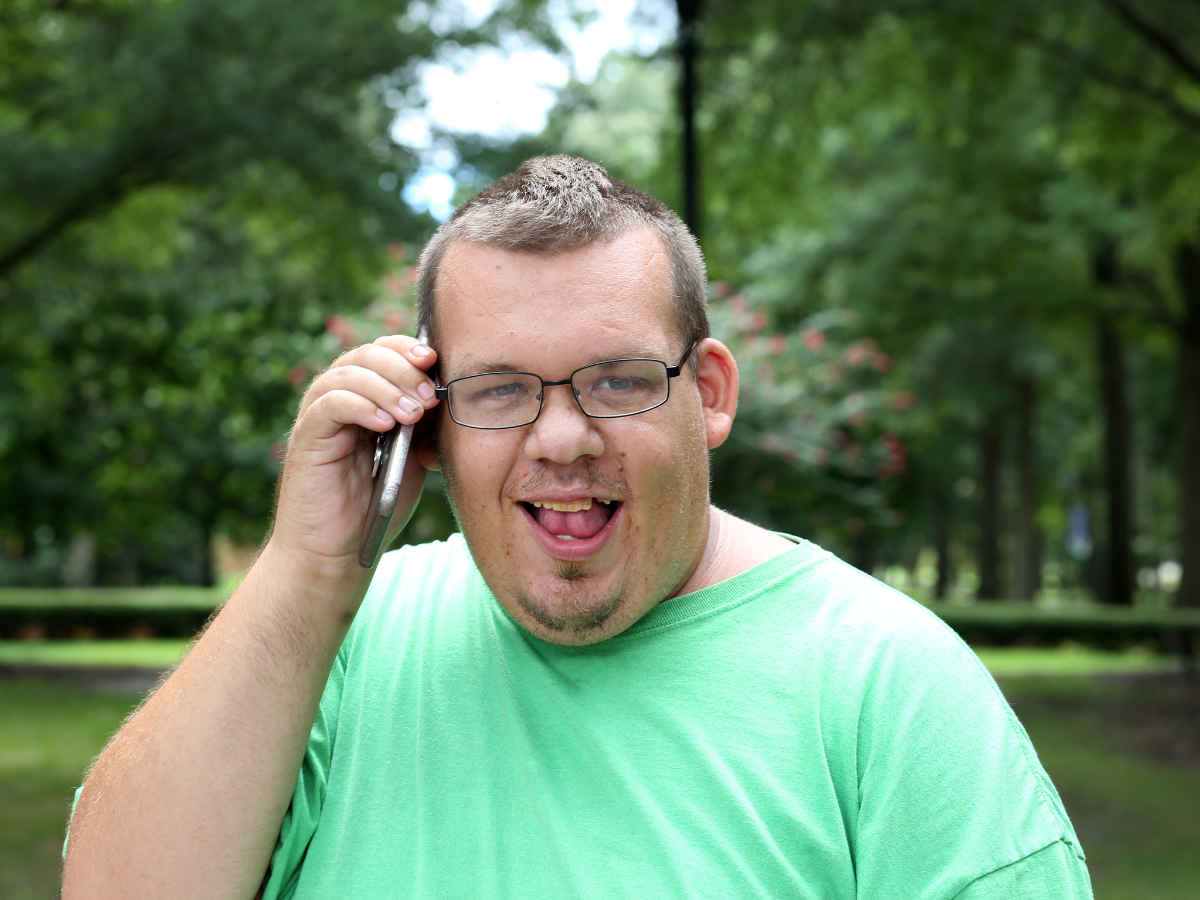Social skills consist of countless unwritten rules and norms that generally guide what we might refer to as “polite behavior” in public. It usually takes years—even decades—for most people to get comfortable using social skills. Many individuals, such as those with autism spectrum disorder, may find it even more challenging to develop this set of skills.
Many educational programs exist to help foster social skills in neurodivergent individuals, but we’ve put together a basic guide for overcoming social challenges. Here, we’ll provide examples of social skills and tips for adopting these skills in everyday situations.
Your Guide to Social Skills: Examples to Know
The basic definition of a skill is “the ability to do something that comes from experience, training, or practice,” according to Brittanica. In other words, nobody is born with skills. Developing them takes time, and some people simply need more time than others.
Likewise, how one person demonstrates a skill might look different from how someone else does. For example, how you cook a grilled cheese sandwich is probably not the same as how someone else would. But that’s okay! What matters most is figuring out how you can practice skills like those below in a way that suits your needs.
Let’s take a closer look at some of the main social skills people tend to use to communicate clearly and make friends.
Active Listening
Listening is more than just hearing somebody say something. You might understand what another person is saying to you, but it’s also important to let them know that. This can be accomplished by showing active listening cues.
You can show someone that you are actively listening to their words by stopping whatever you are doing and facing them while they are speaking. Additionally, you can nod at certain points during the conversation to show you are processing information.
Active listening is important in social situations because it shows people you care about what they have to say. Even though their message may not be the most interesting thing you’ve heard, being an active listener can help you develop meaningful relationships with your friends and coworkers.
Interpreting Body Language
When interacting with someone, you can often tell a lot about how they’re receiving your message based on how they position certain body parts.
For example, someone who crosses their arms and leans back might be reacting negatively to the things you’re saying. Pursing one’s lips can also mean that someone is not feeling positive about your message.
Learning about various non-speaking cues can help you get your point across in a kind and empathetic way. It can also be helpful to understand how other people might interpret your body language.
Using Eye Contact
A good amount of eye contact when you’re talking with someone is a prime example of a social skill that many people find uncomfortable. Nevertheless, looking someone in the eye is key to reassuring someone else that you are listening to what they are saying.
It’s not necessary to stare at someone without blinking or breaking eye contact at all, but making eye contact throughout a conversation is a good place to start. It may be easier to make eye contact while you listen if you struggle to do so while you speak.
Asking Thoughtful Questions
Yet another important part of being an active listener is asking questions after someone is done speaking. This action shows that you understood what they were saying and value their opinions.
If, for example, someone at a social gathering strikes up a conversation with you about cars, you can ask them about their favorite car or why they find cars interesting. Those are two thoughtful questions that show your interest.
Validating Feelings and Experiences
One of the more abstract social skills for adults with disabilities to learn is to validate someone else’s experiences. It can be tricky to know how to do this while respecting boundaries, but it goes a long way toward developing friendships and deep relationships.
If someone you know fairly well is telling you about an upsetting experience they had and begins crying, a gentle touch on their shoulder can let them know you are sympathetic to their feelings. Simply saying, “I know that must have been difficult,” is a great way to let people know you care about them and what they’re going through.
Find More Advice on Navigating Disability-Related Challenges
Many people with autism turn to social skills training in order to learn new tips and get some practice. Californians can take advantage of these accommodations and services by engaging with the Self-Determination Program (SDP).
The SDP allows adults with disabilities to select regional center services that help them reach their goals in accordance with person-centered planning. The SDP journey can be a long and winding one, however, which makes an independent facilitator a crucial guide during the process.
NeuroNav employs a team of experienced independent facilitators who can help you locate useful services, hire caring employees, negotiate pay rates, and much more. Contact us for a free consultation to learn more about how you can access more support for disability-related needs.



-1.png)
